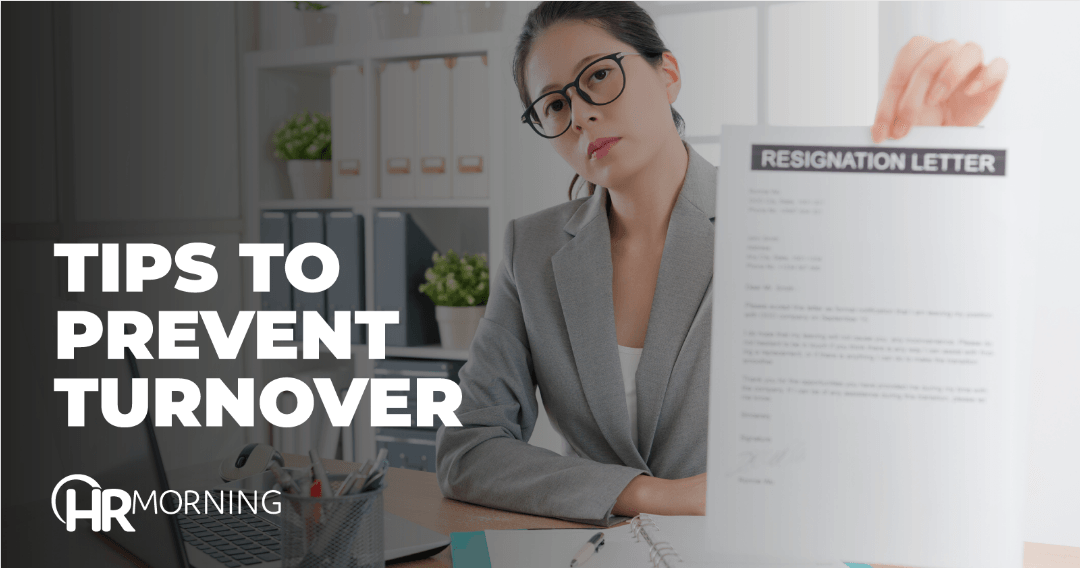Can HR leaders slow down The Great Resignation?
Over the past several months, American employees have been resigning in record-high droves for what economists have aptly titled The Great Resignation.

According to the Bureau of Labor Statistics, around 11.5 million workers resigned from their jobs between April and June 2021 and this number has only continued to grow. With issues such as limited staffing and burned out employees, companies can’t perform at their peak.
The pandemic placed workers in a position to reevaluate many aspects of their lives, specifically when and how they work and what matters most to them. This phenomenon has created a sense of urgency in employees to feel personally valued within their workplace.
Many reasons for resigning include the desire for higher compensation, more substantial benefits, greater flexibility in work hours and better opportunities for career advancement. This desire to resign is further exacerbated by burnout and increased exhaustion with less separation between home and office.
It’s clear widespread change needs to happen, but what can HR leaders do to alleviate pain points within their company’s microcosm? It’s a pivotal moment for the future of work. Executives and HR leaders must find creative ways to prevent turnover and accommodate employees. What measures can HR teams put into place to make employees feel valued?
Safeguard wellness to decrease burnout
Burnout is a topic on every leader’s mind, and it’s one of the many reasons employees are resigning. Burnout not only results in lower productivity, but also increases employee stress and anxiety. It’s something that simply can’t be solved by vacation alone. Instead, managers must understand employee expectations better to retain current talent.
There are multiple ways HR can help decrease burnout in the workplace. For example, emphasize the importance of using allotted vacation time and implement employee mental health days into the calendar. HR managers should also consider meeting with employees to discuss work-life balance. This can be especially beneficial to remote or hybrid employees struggling to find a healthy balance. It’s essential to be proactive with action plans in this area while setting an example to promote balance. Above all, employee wellness must continue to be at the forefront of HR plans even after the pandemic and Great Resignation.
Strengthen employee engagement
Employee engagement is crucial to team success and connection within an organization. High levels of engagement can help talent retention while improving overall organization-wide performance. HR and management play a crucial role in bridging the engagement in work culture.
To increase engagement, managers should recognize and communicate when an assignment is well done. Everyone loves being recognized for hard work and the feeling of accomplishment it brings. Without recognition, it may feel as though performance is not on par and employees are not important team members. Managers and leaders can counter this by fostering a supportive team environment that rewards excellent work with affirmation, perks and incentives. Positive affirmations and incentives for hard work can be transformative for employee morale.
Communication and transparency tie into engagement more than one would think. Employees should feel confident and encouraged to share concerns if they feel underappreciated. Leaders can boost this culture by encouraging participation and voicing concerns during regular check-ins. Outside work, organize team lunches or outings to help employees feel included and have meaningful non-work discussions.
Leaders may want to consider their options for different remote and hybrid working preferences and where it fits their business model. While some roles require on-site work to operate effectively, others are encouraged to create a hybrid/remote work policy for positions that can effectively meet business needs while working remotely. Flexibility is the key to accommodating different working lifestyles.
This article, written by Brian S. Anders, appeared first on HR Morning.

